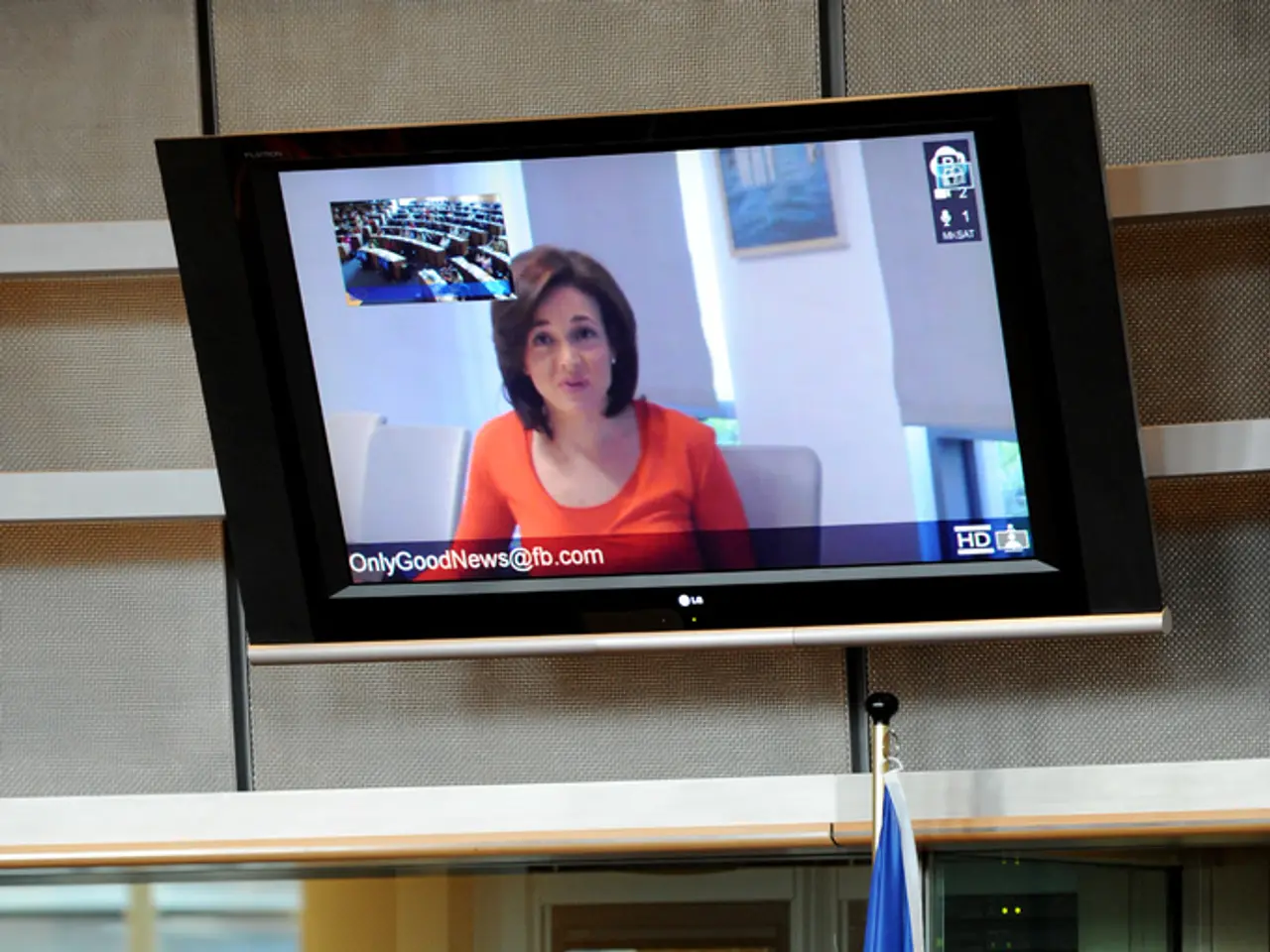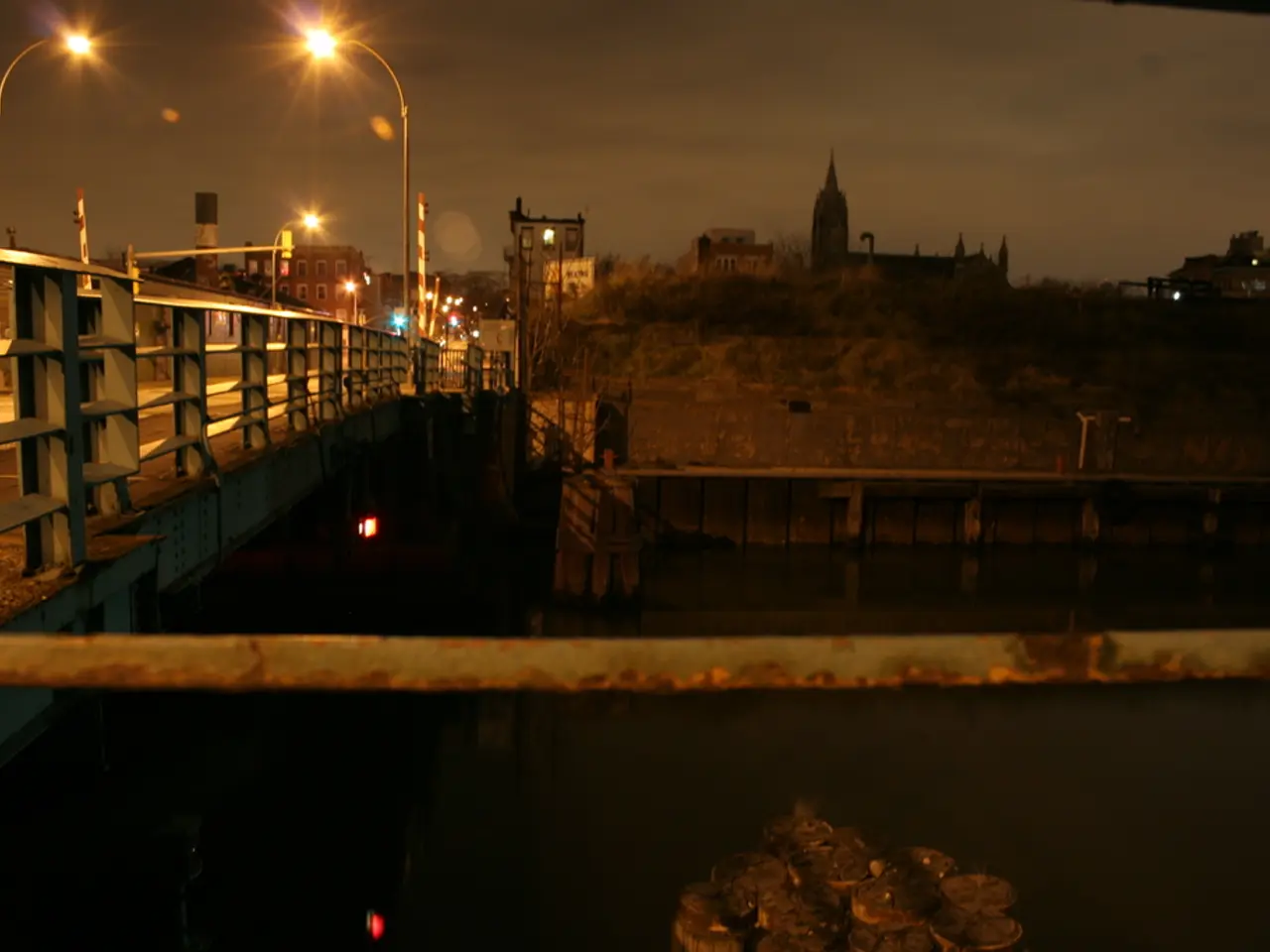Channel 4's Vision for Upcoming Years
The UK government's plans to study the co-location of the Creative Industries with Other Industrial Strategy Priority Sectors have sparked discussions about the role of public service broadcasters, particularly Channel 4. One such debate centres around the potential changes to Channel 4's publisher-broadcaster model.
A report titled "Bridging the Imagination Deficit" highlighted the Equity Gap in Britain's Creative Industries, raising concerns about the impact of altering Channel 4's current model. This model, which sees Channel 4 commissioning all its content from independent producers, supports a vibrant independent production sector across the UK.
If Channel 4 were to move away from this model, such as increasing its in-house production or changing commissioning criteria, independent producers risk losing commissions. This could potentially reduce diversity and innovation in UK content production, particularly for those outside London.
These concerns were echoed at the Westminster Media Forum in July 2025, where the independent production sector’s future and the need for regional and national support were key topics. Delegates emphasised the importance of public service broadcasters like Channel 4 maintaining commitments to public interest content, regional representation, and universal access to quality programming.
Altering Channel 4’s publisher-broadcaster role might undermine these commitments, thereby weakening the public value of UK Public Service Broadcasting (PSB)—which includes diversity, representation of different communities, media literacy, and reliable access to high-quality news and factual content.
However, the government's proposal to allow Channel 4 to produce and monetise its own content could provide it with a more stable financial footing. The government has also suggested increasing Channel 4's independent production quota to guarantee diverse content supply outside of any ring-fenced share for a new in-house entity.
The Arts, Culture, and Heritage sectors are also being discussed in relation to higher education, emphasising their importance. Meanwhile, a study on the creative self-employed workforce in England and Wales is being conducted, with its implications for skills and jobs education.
The Secretary of State has announced a suite of reforms aimed at ensuring the continued growth and competition of Channel 4. The government's decision to maintain a publicly-owned Channel 4 was a reversal of the previous administration's policy.
The Global Creative Economy Council, set to facilitate conversations between the Global North and South, will also play a role in reordering the creative economy. The Council aims to address issues such as the Equity Gap and ensure a fair distribution of opportunities within the creative industries.
As the UK government continues to analyse the implications of the 2025 Spending Review for the creative industries, the future of Channel 4 and the UK's independent production sector remains a topic of interest and debate. The government's decisions in this regard will likely have significant implications for the diversity, innovation, and sustainability of the UK's creative industries.
- The UK government's study on co-locating the Creative Industries with other sectors has sparked debates about the role of public service broadcasters, particularly Channel 4.
- A report named "Bridging the Imagination Deficit" underlined the Equity Gap in Britain's Creative Industries, highlighting concerns over potential changes to Channel 4's current model.
- Channel 4's model, which involves commissioning all content from independent producers, supports a thriving independent production sector across the UK.
- If Channel 4 were to move away from this model, independent producers risk losing commissions, potentially reducing diversity and innovation in UK content production.
- At the Westminster Media Forum in July 2025, the future of the independent production sector and the need for regional and national support were key topics.
- The government's proposal to allow Channel 4 to produce and monetize its own content could provide it with a more stable financial footing.
- The Arts, Culture, and Heritage sectors are being emphasized in relation to higher education, with implications for skills and jobs education.
- A study on the creative self-employed workforce in England and Wales is being conducted, focusing on its impact on skills and job education.
- The government's decisions regarding Channel 4 and the UK's independent production sector will likely have significant implications for the diversity, innovation, and sustainability of the UK's creative industries, as discussions around policy, evidence, and policy-and-legislation continue.








